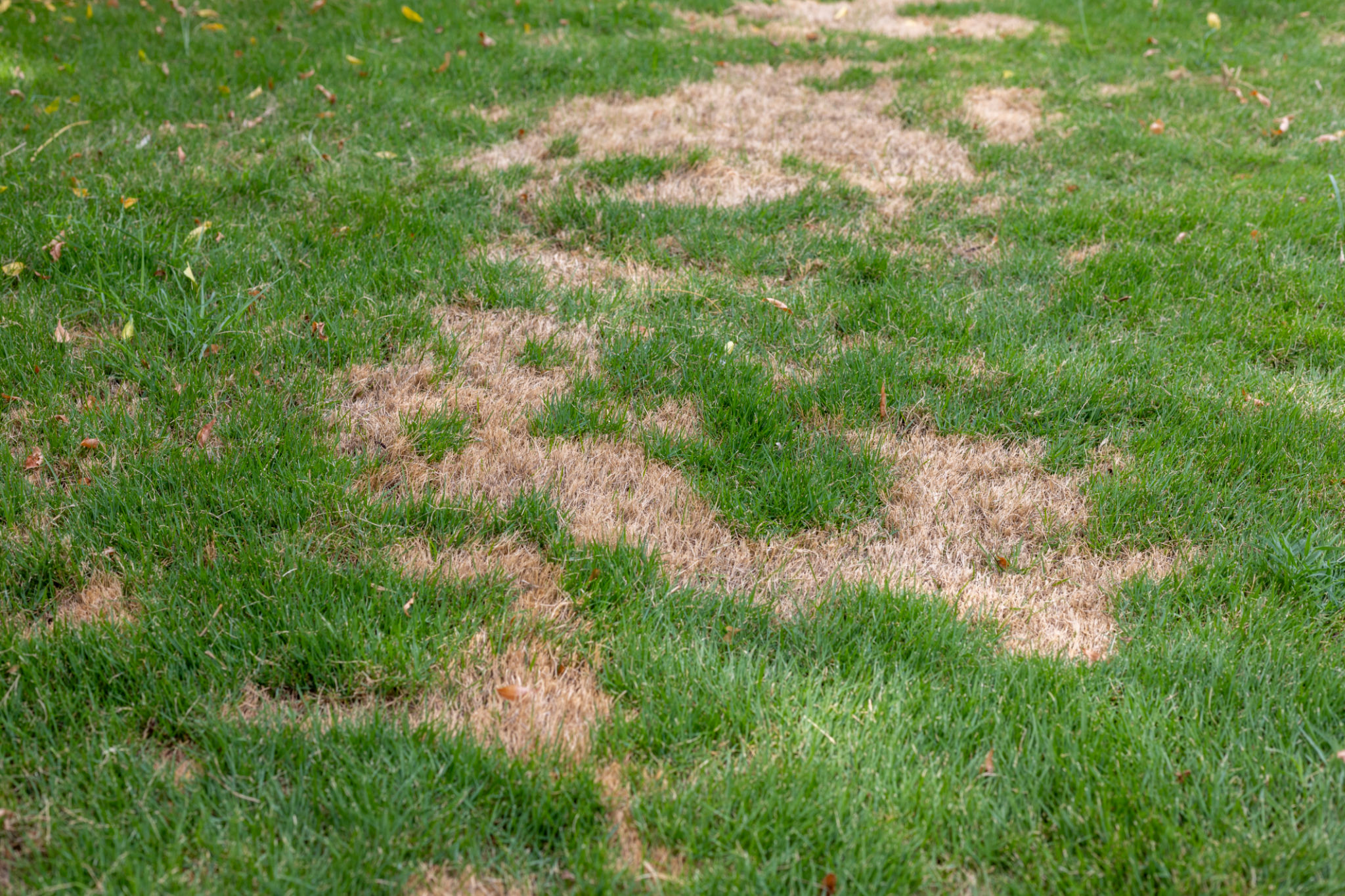The Top 5 Lawn Care Mistakes Homeowners Make and How to Avoid Them
Overwatering Your Lawn
One of the most common mistakes homeowners make is overwatering their lawn. While it might seem like more water equals a healthier lawn, this can actually lead to several problems, including shallow root growth and increased susceptibility to disease. To avoid this mistake, aim to water deeply but infrequently. A good rule of thumb is to water your lawn about 1 to 1.5 inches per week, including rainfall.

Consider investing in a rain gauge to keep track of how much water your lawn is receiving. This helps ensure you're not overwatering and can save on your water bill too. Remember, the best time to water is early in the morning to minimize evaporation and fungal growth.
Mowing Too Short
Another frequent error is mowing the grass too short. Cutting your grass too low can stress the plants, making them more susceptible to pests and diseases. Ideally, you should never cut more than one-third of the grass blade at a time. This encourages stronger root growth and helps maintain a lush, green lawn.
Adjust your mower's height setting based on the type of grass you have. For instance, cool-season grasses typically thrive at a height of 2.5 to 4 inches, while warm-season grasses prefer slightly shorter lengths.
Ignoring Soil Health
Many homeowners overlook the importance of soil health when it comes to maintaining their lawns. Healthy soil is the foundation of a vibrant lawn. Conduct a soil test to determine its pH level and nutrient content. Based on the results, you can amend your soil with the appropriate fertilizers or organic matter.

Regularly aerating your lawn can also improve soil health by alleviating compaction and allowing for better air and nutrient penetration. This practice is especially important for lawns with heavy foot traffic.
Using Incorrect Fertilizers
Applying the wrong type or amount of fertilizer can hinder your lawn's growth instead of promoting it. Over-fertilizing can lead to burnt grass, while under-fertilizing might not provide enough nutrients. Always choose a fertilizer that matches your lawn's specific needs, and follow the instructions carefully.
Using slow-release fertilizers can provide a steady supply of nutrients over time, reducing the risk of nutrient burn and promoting more uniform growth.
Overlooking Lawn Diseases and Pests
It's easy to miss early signs of lawn diseases and pest infestations, but catching them early can save your lawn from severe damage. Regularly inspect your lawn for brown patches, unusual spots, or insect presence. If you notice any problems, take action immediately.

Implementing integrated pest management (IPM) practices can help you manage pests naturally by encouraging beneficial insects and maintaining healthy grass that can resist pests and diseases.
By avoiding these common mistakes and implementing proper lawn care techniques, you can enjoy a lush, healthy lawn that enhances your home's curb appeal and provides a beautiful outdoor space for relaxation and play.
